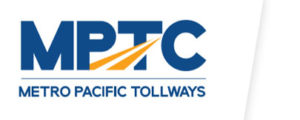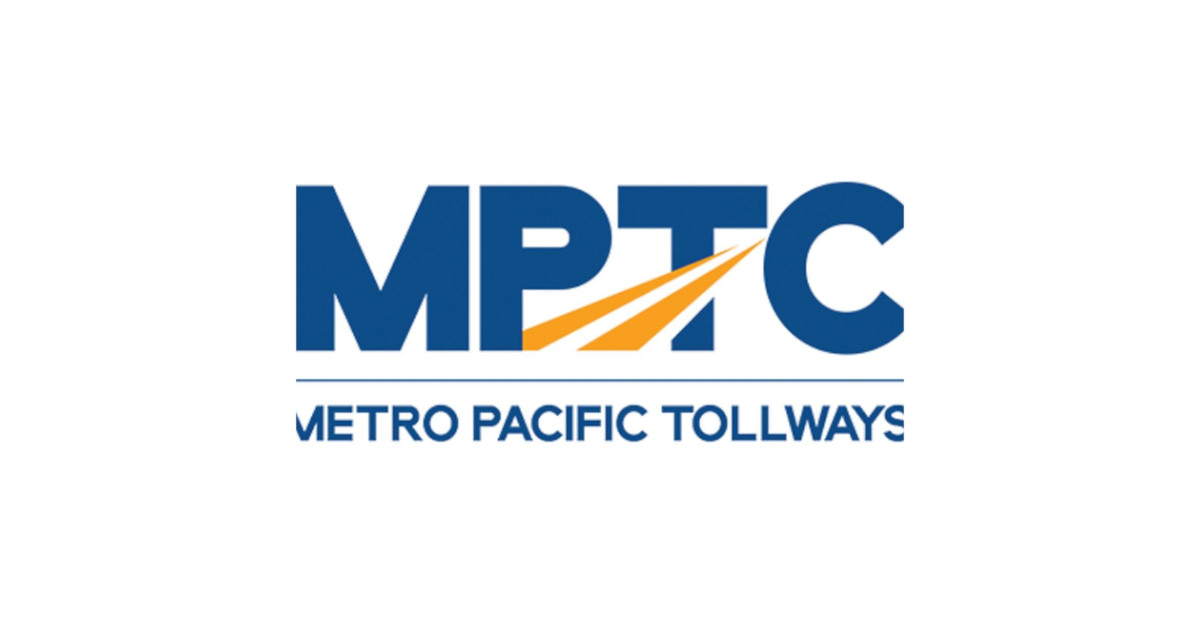MVP group to continue Philippines expansion
By: Iris Gonzales (The Philippine Star ), As seen on https://www.philstar.com/business/2020/08/10/2034065/mvp-group-continue-philippines-expansion?fbclid=IwAR3tWpw-LX__zJwEH6Wo41pF3fI0uulZ5SMwERLMWIxN7YQNtrlUUb99HCw, August 10, 2020 – 12:00am
MANILA, Philippines — The MVP Group, the conglomerate of several regulated businesses chaired by tycoon Manuel V. Pangilinan, said the group would continue to expand in the country despite the crisis and regulatory hurdles.
“We are focusing on the tasks at hand,” Pangilinan said in a virtual press conference last week when asked about the regulatory uncertainties surrounding the sectors where they operate: power, telco, water and tollroads.
“The best approach is to focus on what we need ahead of us. Specifically for the tollways, they continue to build the tollways and it’s really amazing what they’ve done,” Pangilinan said.
In all, he said the whole group is focused on the work that needs to be done to help keep the economy running amid the COVID-19 pandemic.
Metro Pacific Investments Corp. (MPIC), the listed Pangilinan-led tollways and infrastructure conglomerate, reported a consolidated core net income of P5.3 billion in the first half ,down 38 percent from a year ago.
In the second quarter alone, core earnings declined by 62 percent to P1.9 billion, said MPIC chief financial officer David Nicol.
Reported net income, meanwhile, was at P3 billion in the first half from P8.1 billion a year ago.
System-wide revenue, including power distributor Manila Electric Co.’s sales, declined by 15 percent to P174 billion in the first half.
In all, the quarantine reduced toll road traffic, mandated the suspension of rail services, and decreased commercial and industrial demand for water and power, MPIC officials said.
Among the different businesses, Meralco accounted for P5.2 billion or 68 percent of net operating income; Maynilad Water Services Inc. contributed P1.8 billion or 23 percent and tollroads contributed P900 million or 12 percent. MPIC’s other business, being mainly hospitals, rail, and logistics incurred a loss of P236 million.



